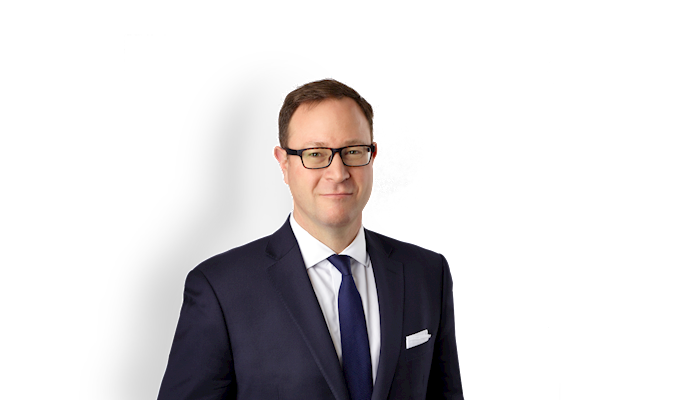True confession: Energy Disruptors Unite is my first conference. Even so, I get the feeling it’s one of a kind — which makes sense, given that the Energy Disruptors conference is meant to be a catalyst for bold, game-changing solutions to the world’s energy problems.
The atmosphere is electric (if you’ll forgive the pun), and the experience is designed to help us think differently about the energy transition. This is even true of the musical acts, which BLG’s Alan Ross has aptly called “Woodstock meets wind power.”
With thinking differently being an underlying message of the conference, I would say the main theme of Day 2 was being a change-maker.
To provide some important context, the sessions I attended on Day 2 were:
- Globalizing Canadian Battery Innovations, with Roger Atkins, Amanda Hall, Ralph Ibendahl, Hamutal Ben Bassat and Chris Doornbos
- Digital Technologies Transforming Supply Chains, with Paula Natoli
- How to Think Again – The Importance of Humble Leadership, with Adam Grant
- Decolonizing Together, with Nikki Sanchez
- Canada as a Future Battery Superpower, with Dr. Theo Yameogo, Kwasi Ampofo, Philip Gross, Belinda Labatte and Renata Cardoso
Change-maker tip 1: Think about why you may be wrong
Changing your mind — a foundational skill for any change-maker — was the main point of Adam Grant’s talk. He recommended that we think like scientists by testing hypotheses and proving ourselves wrong, rather than holding firm to our ideas as part of our identities.
As he put it, the faster we recognize we’re wrong, the faster we’ll get it right.
Adam recommended we surround ourselves with a challenging network of “disagreeable givers” — people like lawyers and engineers — who offer critical advice because they want the best for us and will help us see the things we need to re-think. (Just in case you didn’t think you needed a good lawyer in your life.)
Change-maker tip 2: Encourage more women in the energy sector
While the conversation in the Canadian battery innovations session was largely about sources and extraction of lithium (making a product that is scaleable, ecosystem impacts and supply chain security), the change-making moment, for me, was when discussion turned to encouraging women to enter the new technology world. High school, one panelist said, is too late. We need to nurture the curiosity of girls by talking about the energy sector, not just oil and gas.
Change-maker tip 3: Let data drive the bus
The key to meaningful and effective change is a data-driven supply chain, says Paula Natoli. Data and technology drive innovations and allow us to identify areas of opportunity. They help us to predict demand, reducing the financial cost of inventory imbalances, and ensure quality, which is a plus because 80 per cent of returns happen because of damages.
Change-maker tip 4: Know your own history and learn the history of others
Change-makers take personal responsibility for rethinking the dominant colonial, capitalist, patriarchal and expansionist paradigm, says Nikki Sanchez. The first step is to understand who we are, where we come from and the gifts we have. The second step is to be a learner — to find out what land we live on and what happened to the ancestors there. Then we can start to see alternatives, have discussions and make connections. This is how, for example, Indigenous thinking and understandings of ecology will be integrated with our ways of thinking about energy.
Change-maker tip 5: Re-think old models
Change-making is a necessary condition for Canada to become a battery superpower, particularly in the mining sector. Success will require new strategies, new systems and, most of all, new money. Kwasi Ampofo has crunched the numbers: last year, $200 billion went into the electric vehicle industry, $8 billion to batteries and $0 to metals and mining.
New models included co-locating original equipment manufacturers and battery producers in the same place; re-thinking how money is raised; and changing from large, single asset-focused public companies as the dominant model.
It’s time to think about business from a mission perspective, says Belinda Labatte — doing something for Canadians by working with communities and especially First Nations.
Nanditha Iyer is an articling student in BLG’s Calgary office and one of the firm’s Energy Disruptors: Unite 2022 correspondents, sharing the sights and sounds from Day 2 of the fastest growing future energy event in the world. Want to find out what you missed on Day 1? Read Tim Hoggstrom’s recap.

